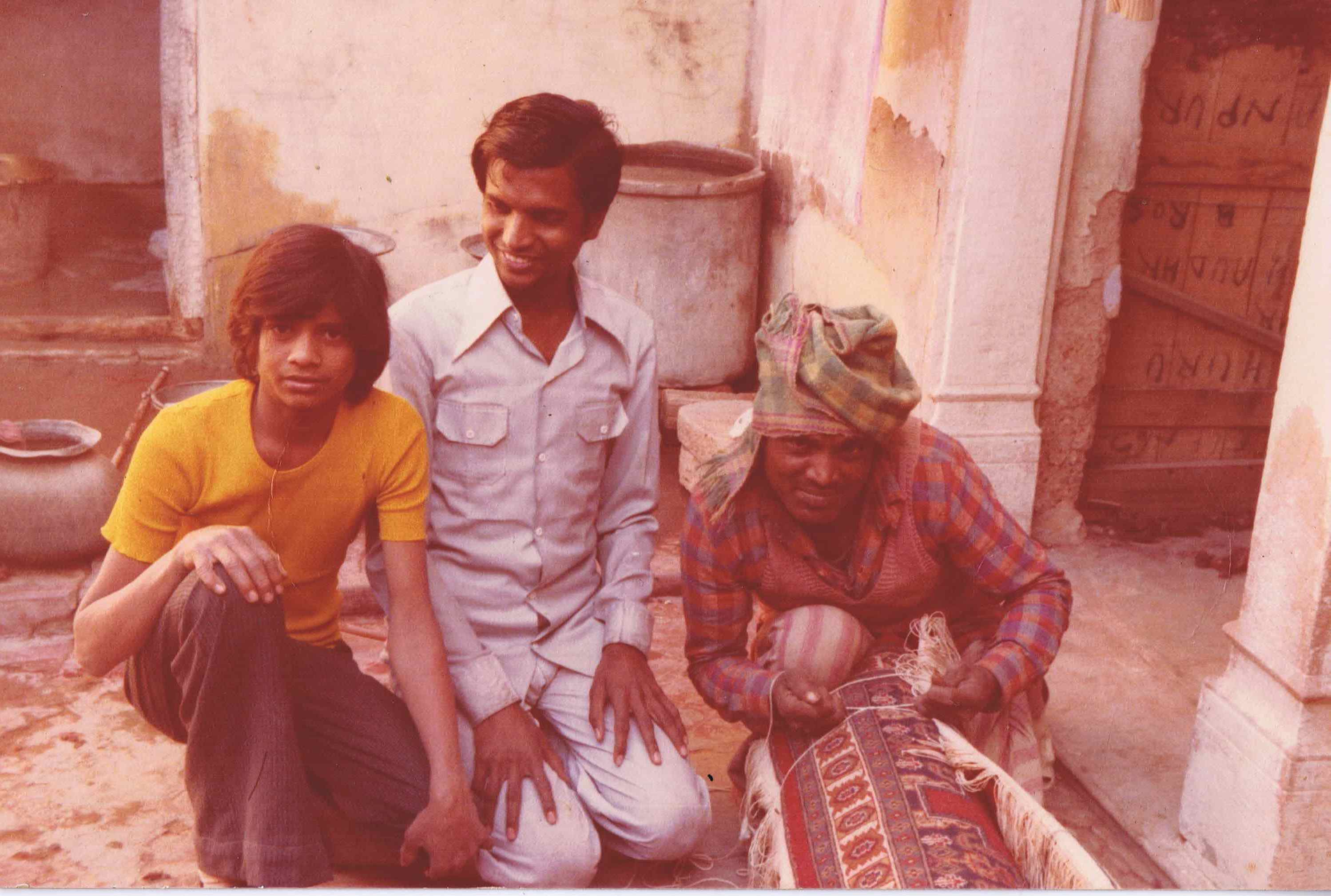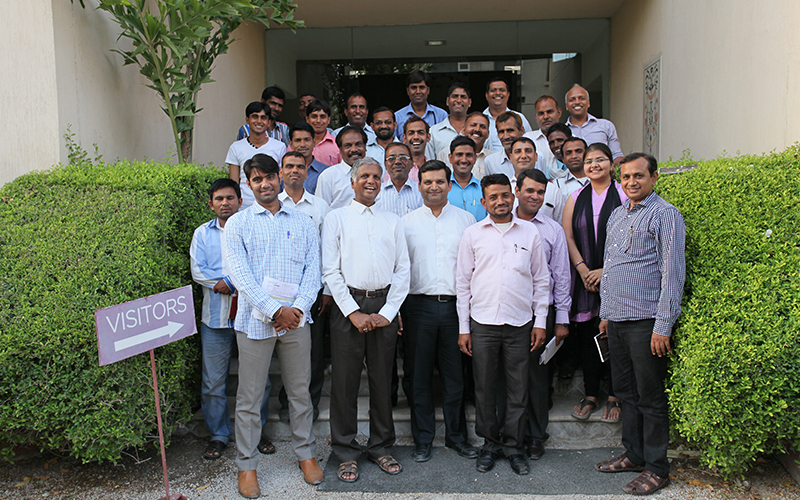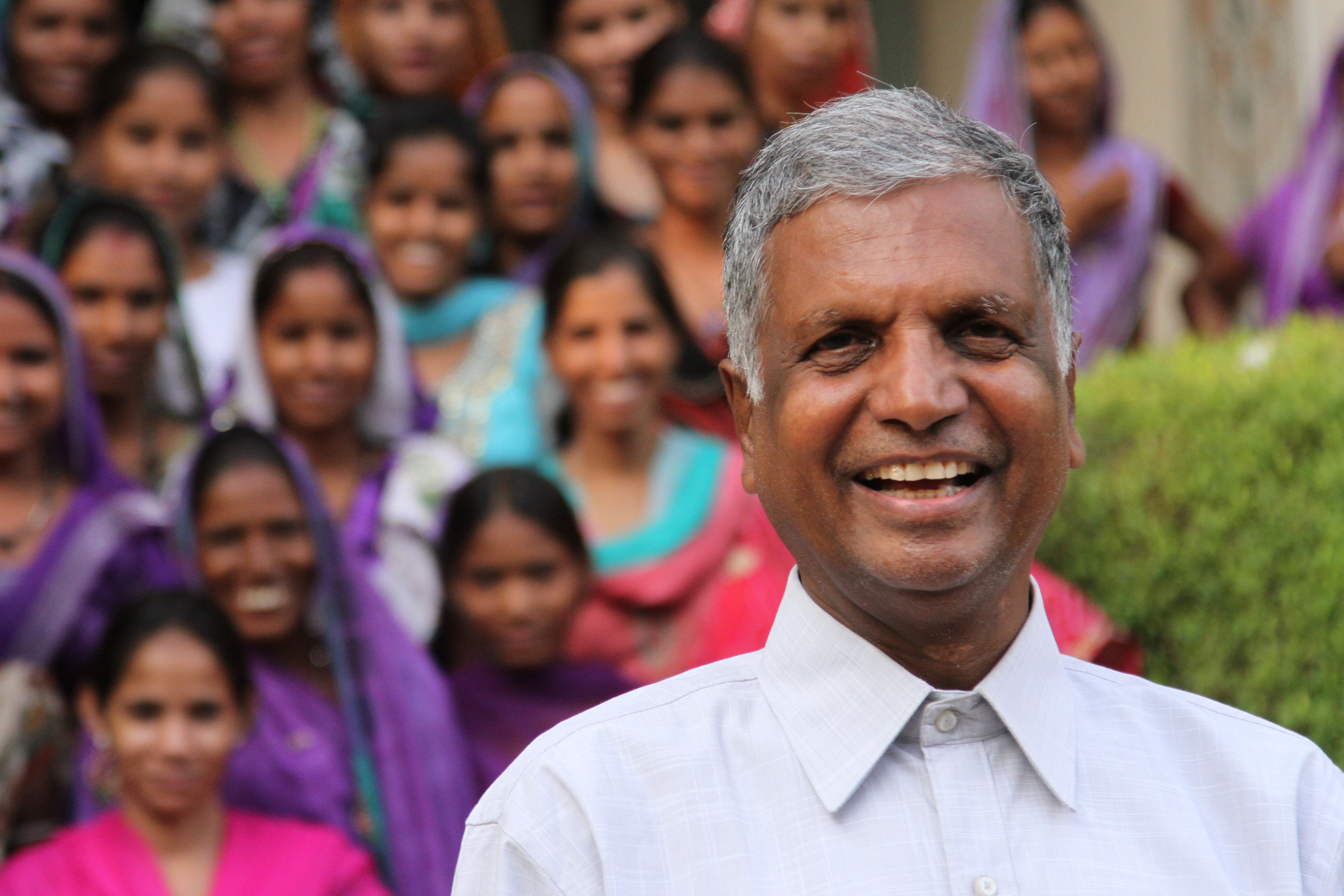Empathy is defined as the ability to understand and share the feelings of another person. It is often confused with sympathy, which means feeling sorry for another person when they are going through a tough time.
Sympathy can be viewed as condescending because of the way one person views another. Instead of really feeling what another person is going through, a sympathetic person will just feel pity and move on. No real connection is made with sympathy.
When we apply this to the business world, being empathetic can mean the difference between failure and success. That is because the best leaders are those who can really feel what their employees and customers want and need.
Leaders who are just focusing on the bottom line will not care for others because they lack empathy. They just want success at any cost. This success may come but it won’t last, especially these days when people are gravitating towards companies with a conscience.
Often leaders start out as very caring and compassionate – staying in touch with both employees and customers. But as the company grows – and a leader’s power increases – the empathy that was once there diminishes.
Sukhvinder Obhi, a neuroscientist, even studied this and found that brain scans of those who have held power for a longer period of time show that their ability to demonstrate empathy declines.
When the day-to-day work increases with success, it becomes harder to find the time to make those connections that we did when we first started. It is a balancing act, but leaders must always remember the time when they were just starting their businesses.
Personally, I have found it difficult at times to maintain this mindset. But then I am reminded of when I was joined by nine other weavers, determined to bring the craft of rural artisans to the wider world.
I remember our enthusiasm and optimism about what we were embarking on. The passion we felt then reignited in me when I think about it. We often use the excuse of being too busy to make those personal connections that we once made. But if we lose that, then we lose our humanity.
It is our responsibility to ensure that we keep our levels of empathy high so that we continue to serve the people – both employees and customers – who are the backbone of any organization.




